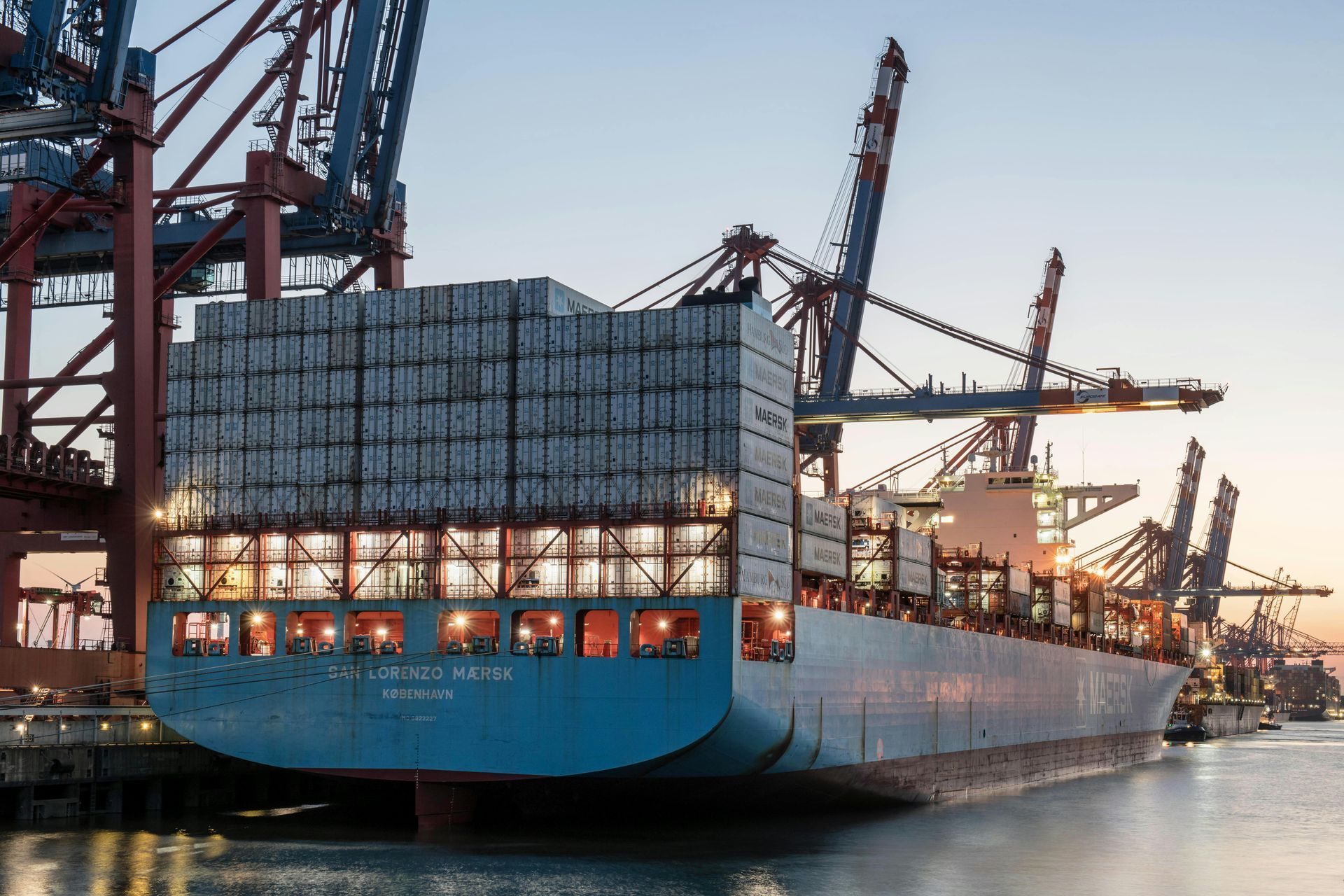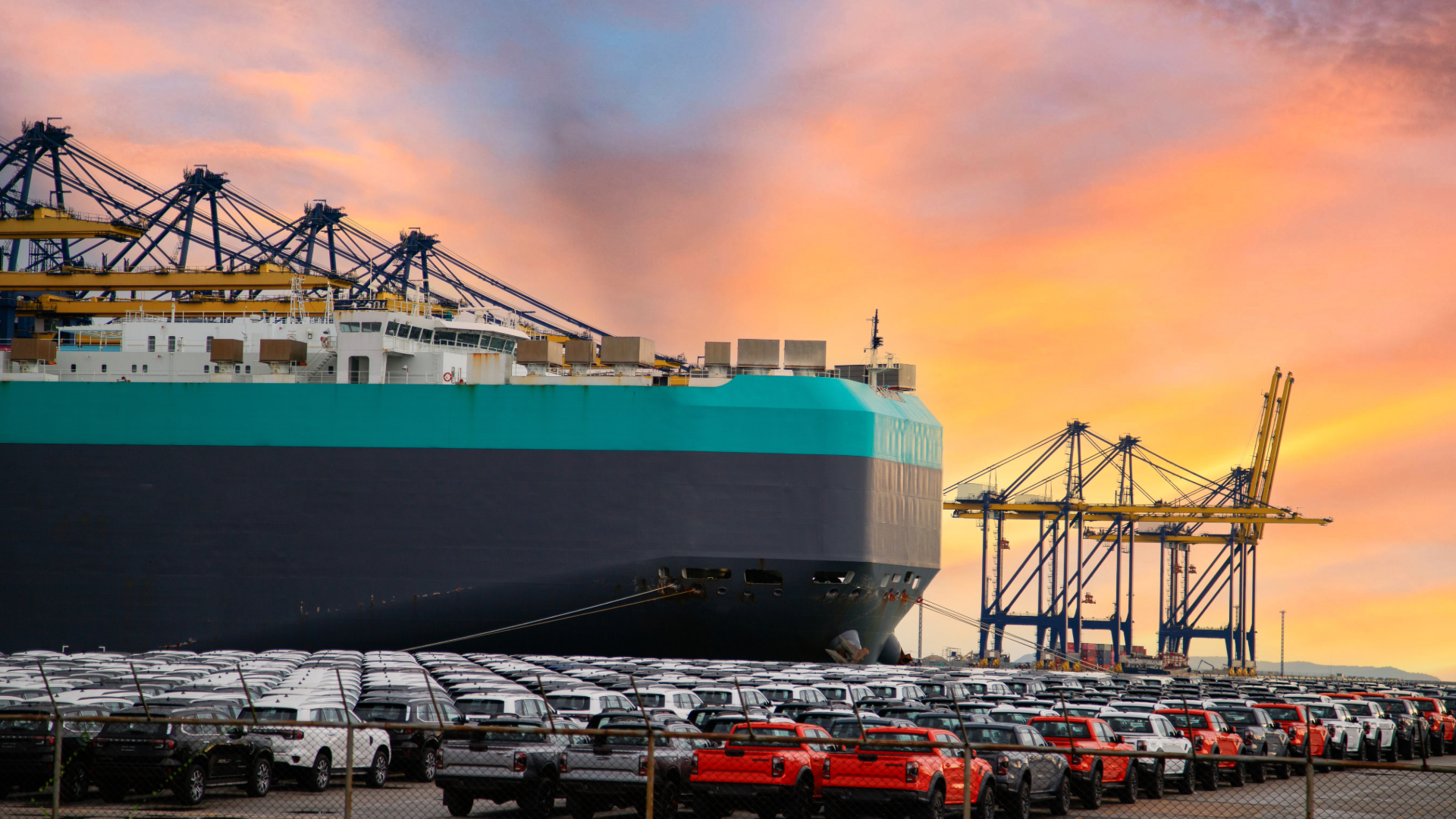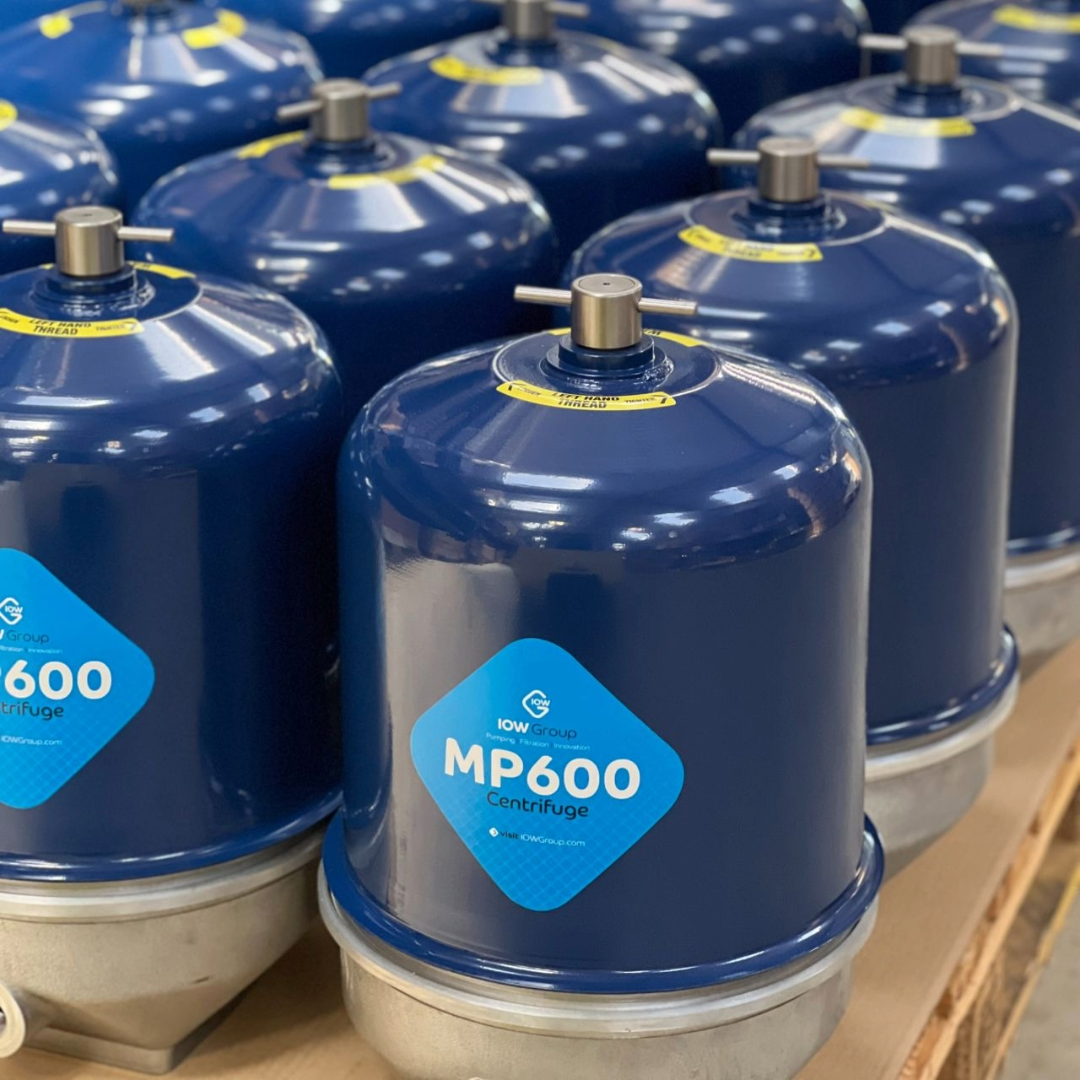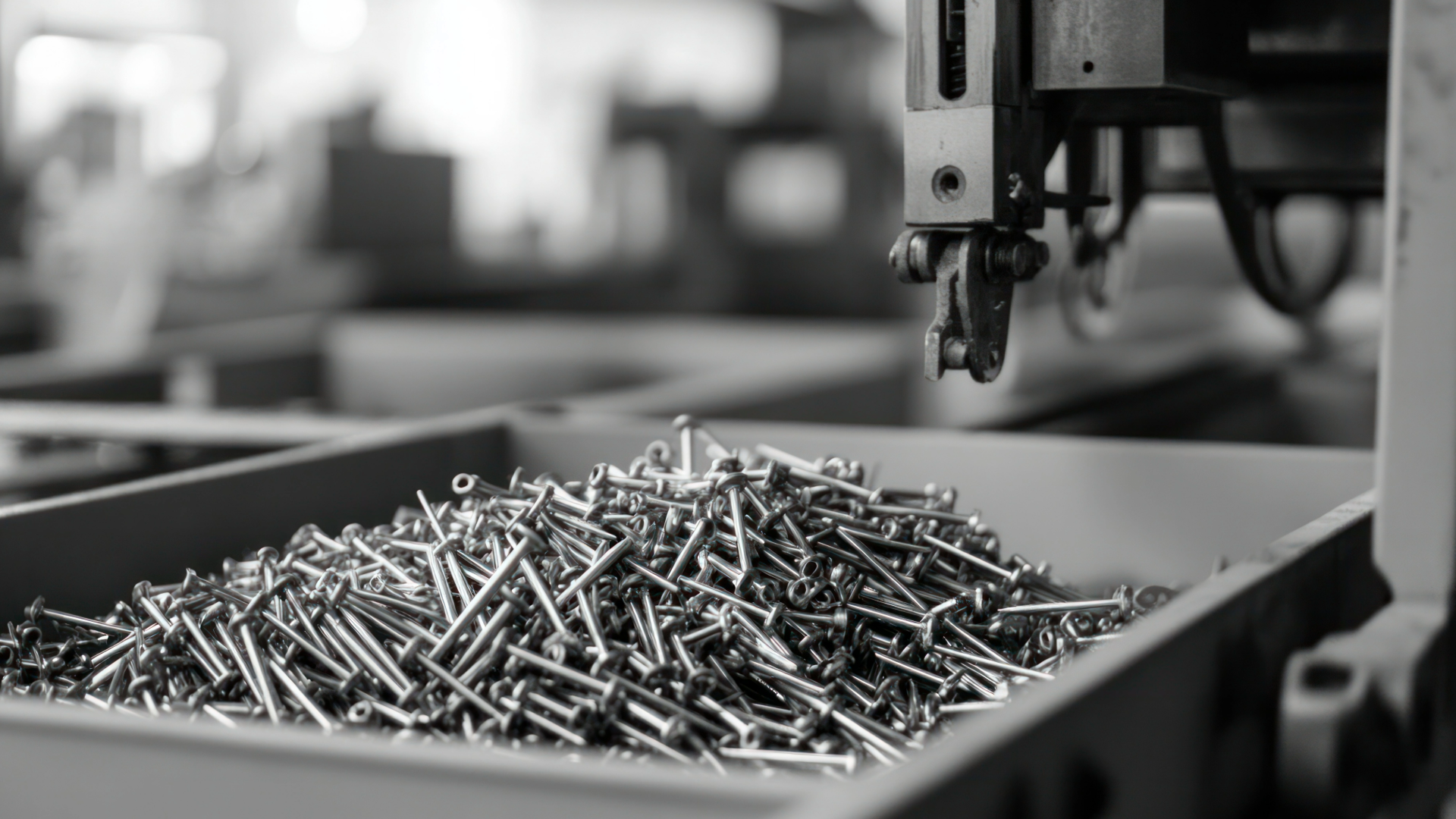News
eQlyps - the answer to total oil filtration
One compact, simple system that puts you in control.

Keeping engines running efficiently takes more than regular oil changes and the occasional filter swap. The real cost of engine maintenance often hides in plain sight. Small particles build up, oil quality declines, and engine components begin to wear faster than they should. It all leads to more downtime, higher costs, and avoidable repairs. Centrifugal oil separators offer a smarter and proven alternative. These simple, robust devices clean your oil more effectively and help your engine run better for longer. No fuss, no gimmicks, just quality engineering that saves time and money.

In the volatile world of maritime operations, equipment reliability is vital. For a Norwegian world leader in RORO shipping, and for Ugland (a family-owned shipping and offshore enterprise operating worldwide), ensuring optimal engine performance across their fleet is essential. That’s why both companies have turned to Scanvi-Interyards AS to upgrade their vessel oil filtration systems with IOW Group technology.

IOW Group is delighted to have received two accolades at the 2025 IW Chamber Business Awards: Environment and Sustainability Small Business of the Year As specialists in advanced oil filtration technology, we support industries worldwide in enhancing engine reliability, cutting waste, and achieving greener operations. This recognition is a testament to both the value our solutions bring, and the hard work that goes on behind the scenes at IOW Group.

Efficiency is crucial in marine operations. Every decision, from equipment selection to operational practices, impacts performance and costs. Centrifugal filters have emerged as key players in optimizing engine function, reducing maintenance, and improving overall operational reliability. IOW Group leads the way with innovative centrifugal filter solutions designed to enhance marine efficiency.

Diesel engines are the backbone of heavy-duty machinery, powering industries such as construction, mining, marine, and transportation. To keep these engines running efficiently and to extend their lifespan, maintaining clean lubricating oil is essential. Contaminants in the oil can lead to increased wear, reduced efficiency, and costly repairs. The most effective way to ensure optimal oil cleanliness is through advanced filtration methods. In this blog, we explore the critical role of clean lube oil in diesel engines and how proper filtration can enhance performance, reduce maintenance costs, and prolong engine life.







